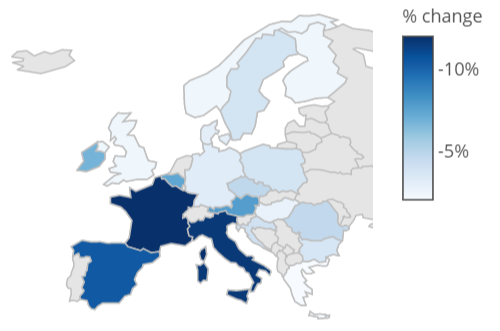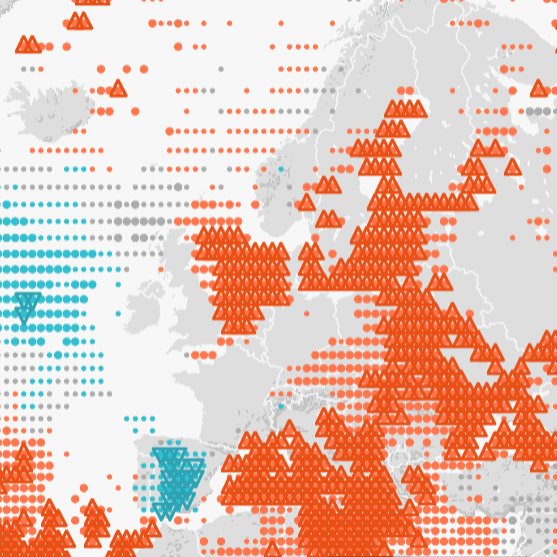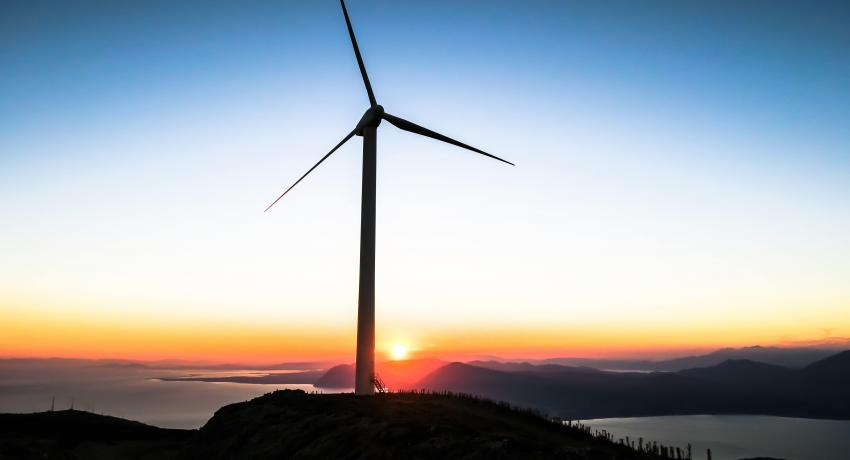Lockdowns in many European countries due to COVID-19 have pushed down the electricity demand and could increase the share of renewables in the electricity supply.
The recent COVID-19 outbreak and the lockdown measures adopted by several European countries have brought many business and industrial activities to a halt. The power sector has been significantly affected by this outbreak, with changes seen in both supply and demand. A reduction in electricity demand by around 15% has been reported across Europe, according to the International Energy Agency (IEA). Some countries have been affected more than others, depending on the confinement measures taken in response to the outbreak. Italy, for example, has recorded a reduction by as much as 25% in the expected electricity demand since implementing a strict lockdown.

Changes in electricity demand (weather-adjusted) in continental Europe. Image adapted from Ember.
The coronavirus crisis has resulted in lower prices in the wholesale electricity markets due to reduction in electricity demand and drops in fuel prices, as commented by a leading power analyst from EnBW electric utilities company. Although this crisis has decreased electricity prices, the analyst notes that other independent factors have also contributed to the lower power market prices, such as the high hydro-balance in the Nordics or mild temperatures during winter.
How is the renewable energy sector affected?
The impact of the outbreak on the renewable energy sector is still unclear. According to the wind power association WindEurope, some delays are expected in the construction of new renewable energy plants, while reductions in investments may be seen in the short term. At the same time, the rapid drop in electricity demand may lead to a higher share of renewables in the electricity network, giving an indication of how the European power system, fueled mainly by renewable energy, could look like in the future. In addition, the coronavirus crisis has drawn attention to the relative stability of renewable energy investments, as opposed to the increased volatility of the oil markets.
Climate predictions in times of exceptional circumstances
In general, power producers are prepared to cope with critical situations, even one like the coronavirus crisis, thus a shortage in power supply is not expected as a result of the outbreak, according to an EnBW power analyst. Nevertheless, the COVID-19 outbreak has highlighted our dependence on electricity, which allows us to receive essential medical care, continue working from home and order necessary goods. Ensuring the reliability of the electricity network, including the production and supply of renewable energy to meet the demand, is thus more important than ever.
Climate predictions for the coming weeks and months can provide the energy sector with additional information that may help it better cope with not only extreme events, but also exceptional circumstances such as this outbreak. Tools like the S2S4E Decision Support Tool (DST; s2s4e-dst.bsc.es/) can give energy companies an indication of the expected production of weather-dependent renewables, facilitating the stability of the electricity network.
Above normal temperatures are expected in most of Europe later in April 2020, according to the latest forecast outlook of the DST. These higher temperatures could mean that less electricity is needed for heating, further reducing the electricity demand, which is already affected by the COVID-19 outbreak. Whether these changes in demand will benefit the renewable energy sector in the long-term remains to be seen.

Written by Andria Nicodemou and Isadora Jimenez (BSC). Contributions from Iselin Rønningsbakk (CICERO).


